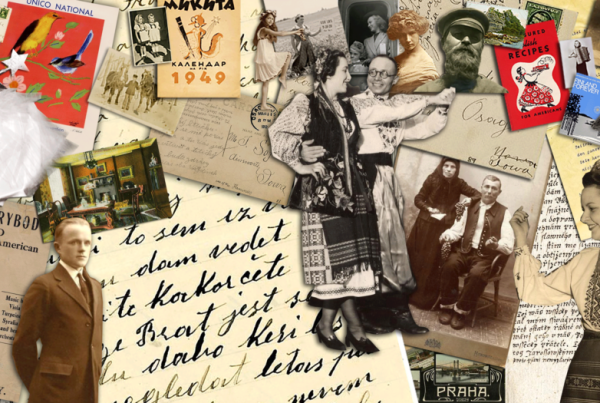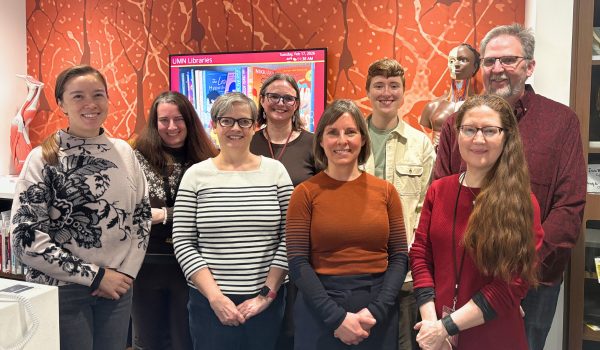The University of Minnesota Libraries welcomes learners and scholars from all cultures and backgrounds. We are committed to providing a safe, open environment, and the broadest possible access to quality information.
What’s new?
We now have over 40 reservable group study rooms and four 1:Button Studios for effortless HD recording. Below is a sample of our tools and services just for you.
[slideshow_deploy id=’12945′]How we can help undergraduates
Need real, high-quality sources?
If the past few months have taught us anything, it is that there is a range of information sources out there. We work hard to make sure you have access to the high quality sources for your research. We put together a few tips to help navigate the good and avoid the bad.
Here are a couple ways to dive in:
- Find your Library Course Pages and Course Reserves to find research tools for your courses.
- Connect with the best article databases by subject or topic.
- Know the journal or newspaper title you want? Search or browse the newest issue — for example, we have the entire run of the Business Week, Wall Street Journal, New York Times, Vogue, and literally thousands more.
- Don’t pay for articles! If you find something and we don’t own it — we can just about always get it. Use our request form and we will send it via email in a few days.
We can help you get started on your research project
- Apply for our Think Like a Researcher workshops – this series of two workshops (Jan. 25 and Feb. 1) is aimed at first and second year students who want to know more about research and gain some skills to get started.
- Want to see past student projects? The University Digital Conservancy has 1000+ posters and papers from the spring University Research Symposium. You can see what successful projects look like.
- Use Experts@Minnesota to connect with possible faculty mentors and see what they are researching and find articles they are publishing.
Want more?
- See our Undergraduate Services page
- Check to see if we have one of your textbooks as a free ebook — we are working to help save students money.
How we can help grad students
We have a wide variety of collections and services to support graduate students in your coursework and research at the University:
- Search and explore dissertations to get a sense of what is being written, what the format looks like, search by mentor/advisor and more.
- Use a citation manager like Mendeley, Zotero or EndNote to organize your PDFs and create your bibliographies and in-text citations in seconds in hundreds of styles like APA, MLA, and more. Learn about resources, tools and best practices to manage your data.
- Create an ORCID (a free registry of researchers) to ensure your work is associated with you throughout the research lifecycle, including grant applications, paper submissions, and final publication.
- Find grants to support your travel and research.
Want more?
Support for faculty
Apply for two exciting opportunities
Partnership for Affordable Content Mini Grants
Want to lower textbook costs for students? Want to create your own course materials? Apply for a mini-grant to work with library staff to implement affordable high-quality content options into your courses as an alternative to high cost commercial textbooks and other expensive course materials. Applications are due Monday, February 27.
*new* Faculty Research Sprints
Research Sprints offer you the opportunity to partner with a team of librarians on a specific project or component of a bigger project and to work intensively to produce a tangible product or outcome.
Potential project areas include in-depth or archival research; data and metadata creation, management, analysis, and preservation; digital scholarship project development (e.g. GIS mapping, data visualization, etc.), and more.
Please attend an optional information session on Wednesday, February 15, 1:00 to 2:00 p.m. in Walter 401. The Sprints will take place the week of May 22-25, 2017. Please email Benjamin Wiggins (benwig@umn.edu) with questions.
Applications are due March 6.
Boost your productivity with a new workflow
We are always curious about the tools used by faculty and instructors to get stuff done — research, teaching, grants, writing, and more. How I Work is an interview series where your U of M colleagues share their tips and secrets for being more effective and productive in their work. Get ideas and learn about interesting tools — low-tech and high-tech — that you might try in your day-to-day work.



